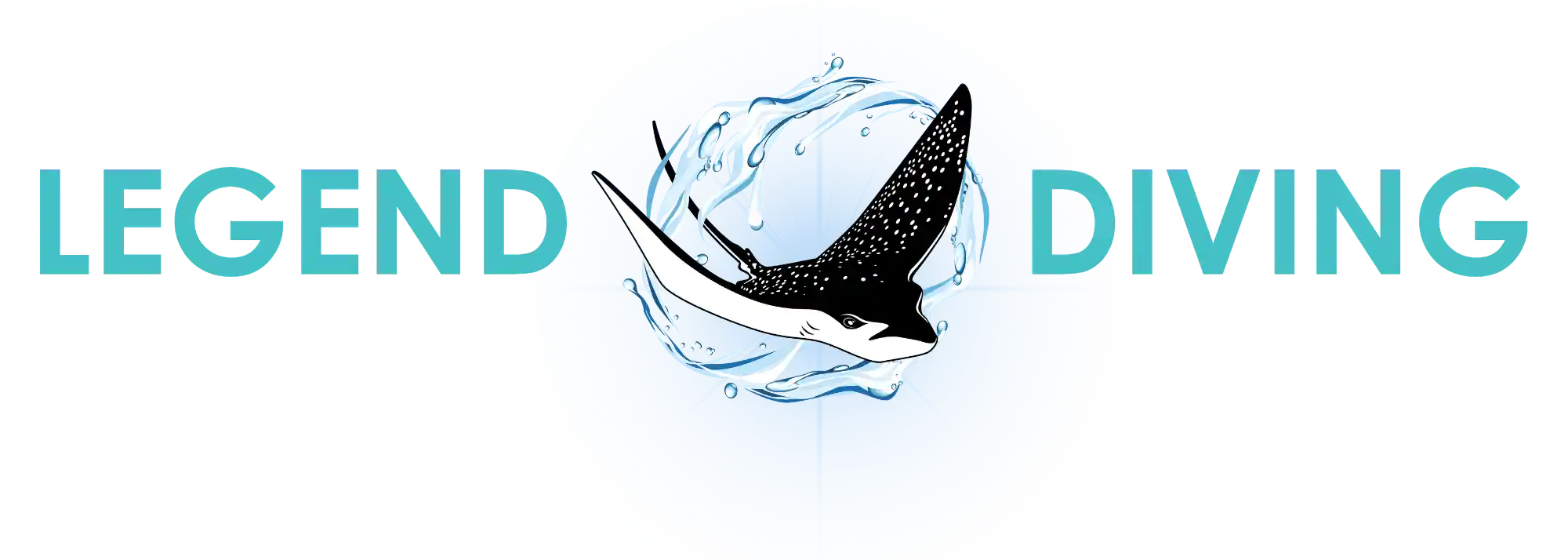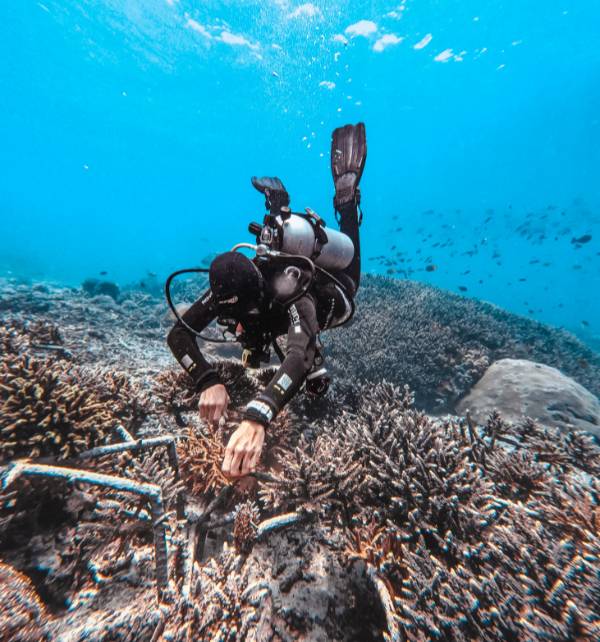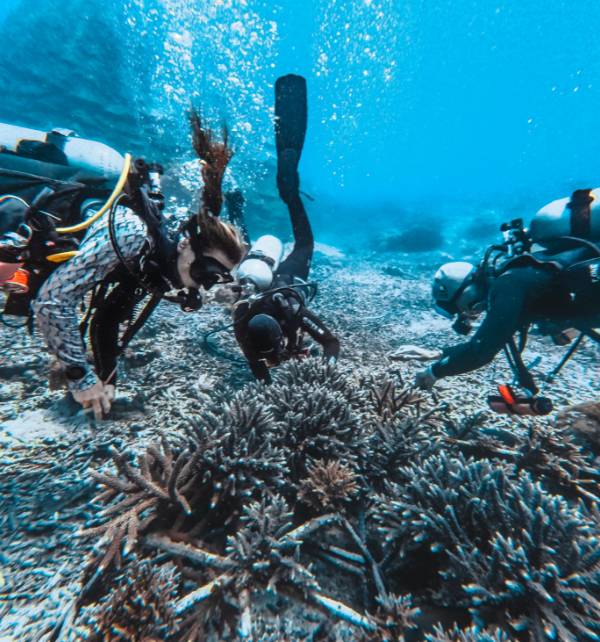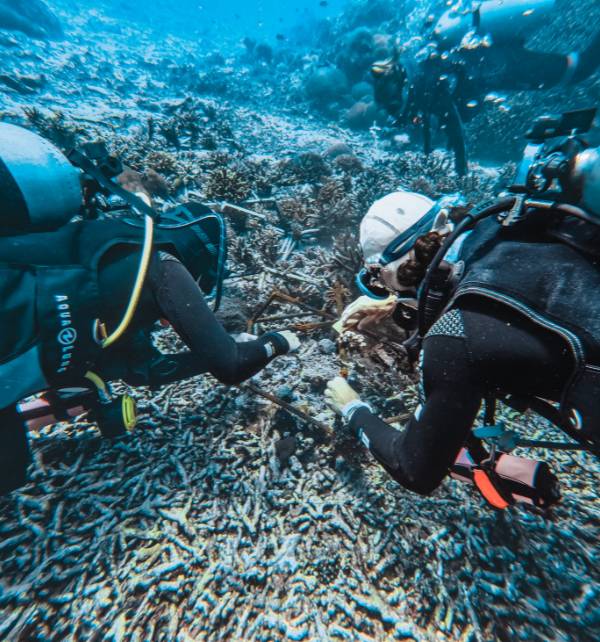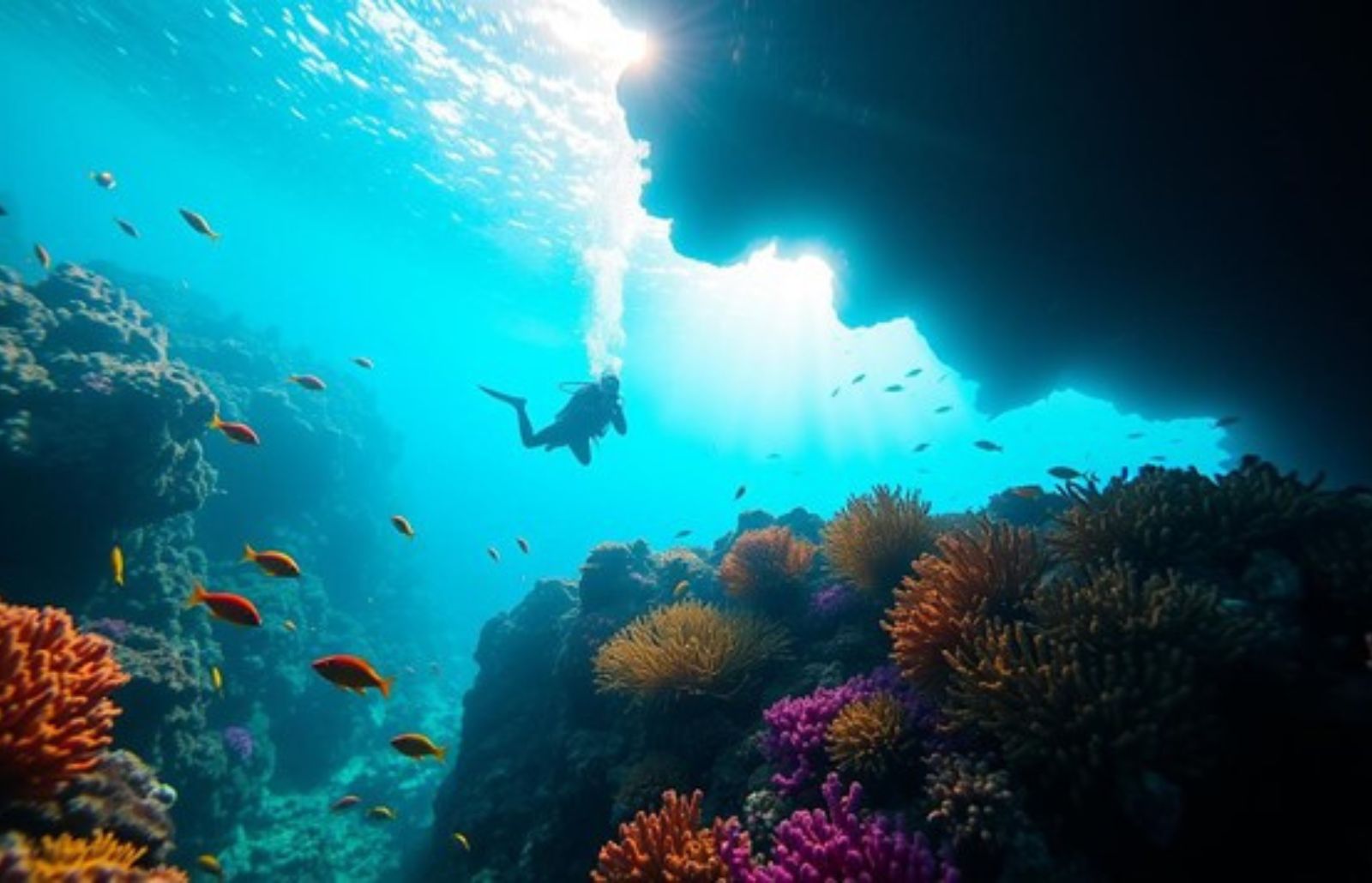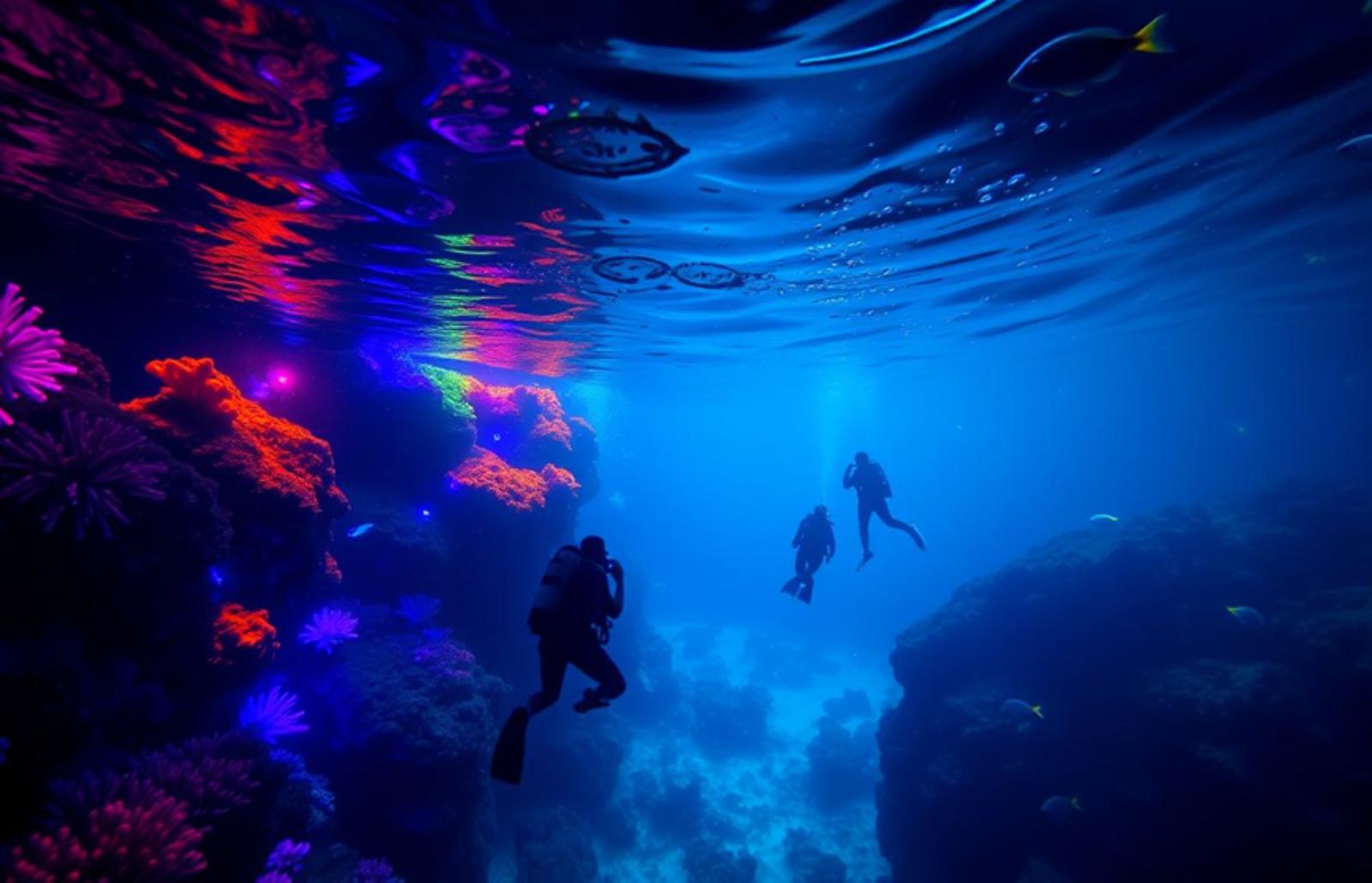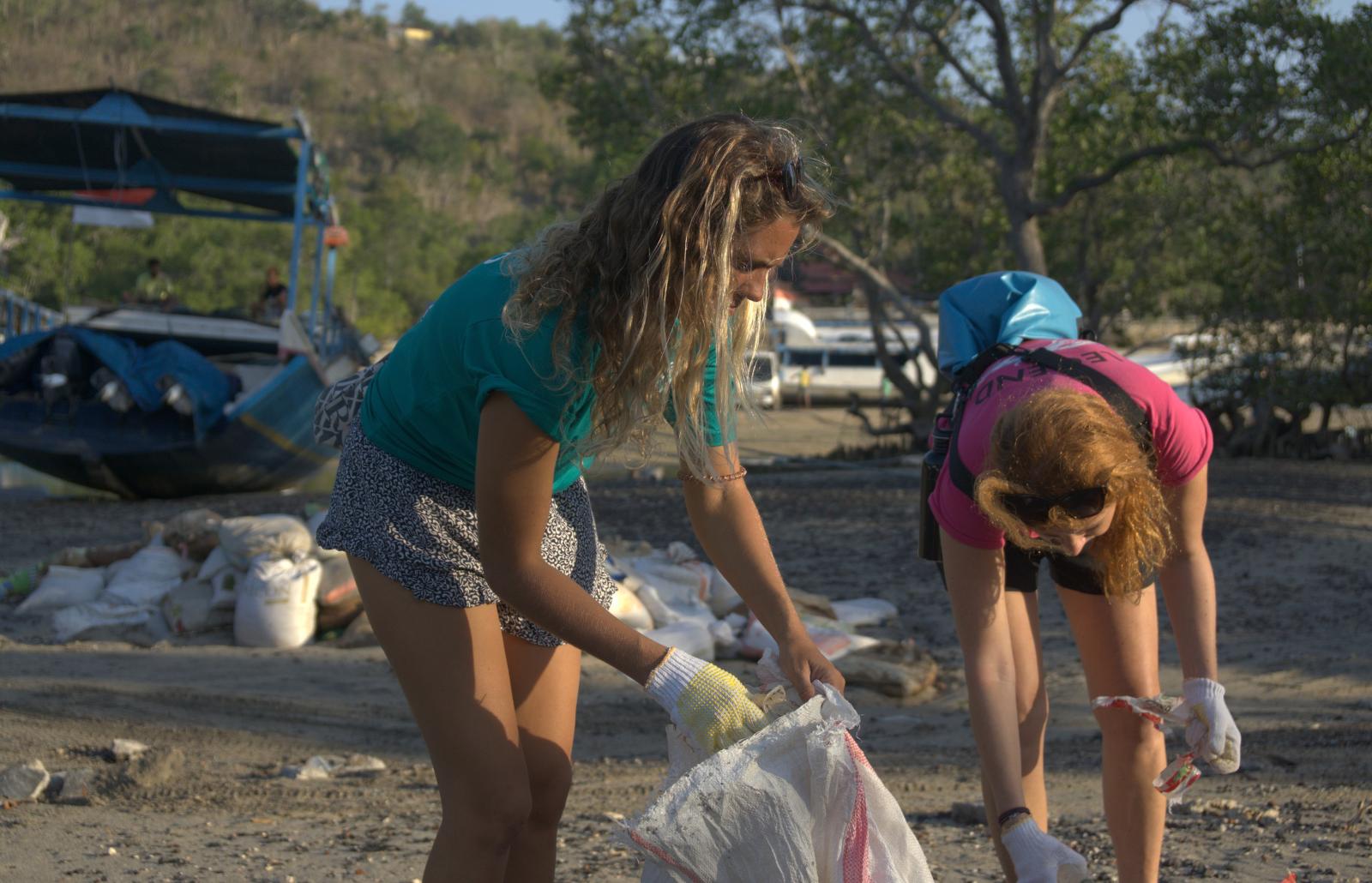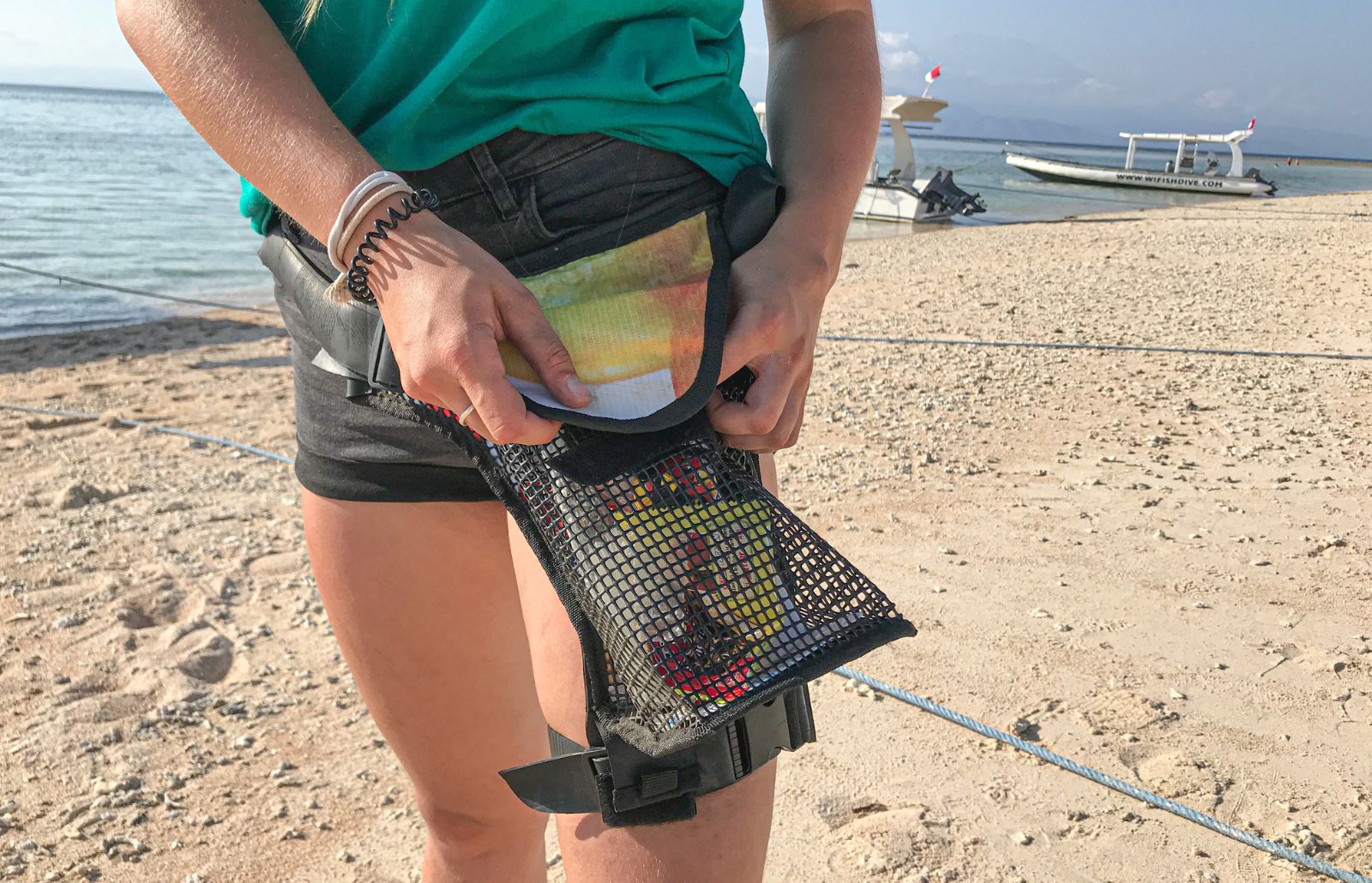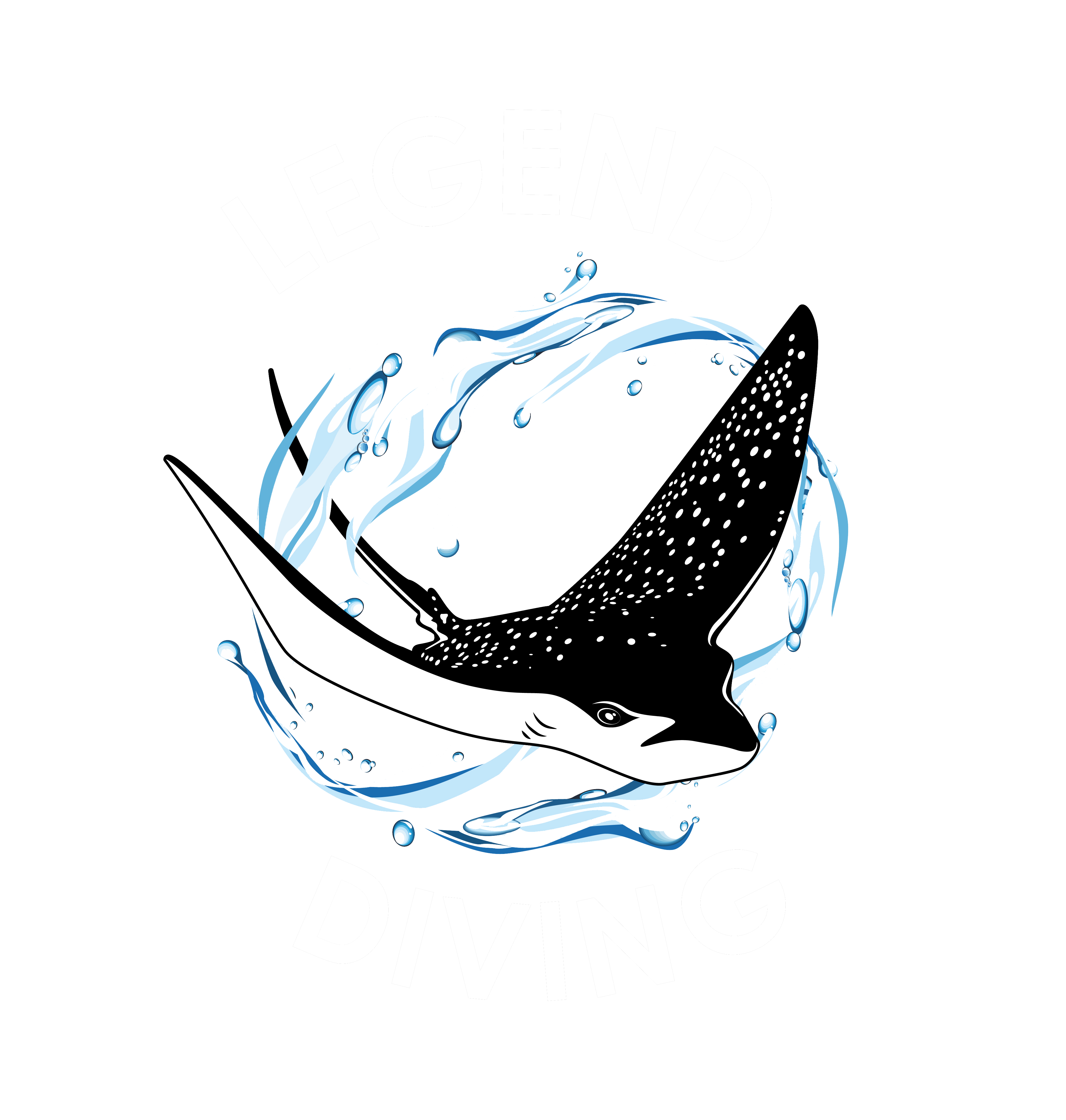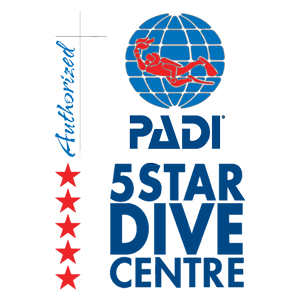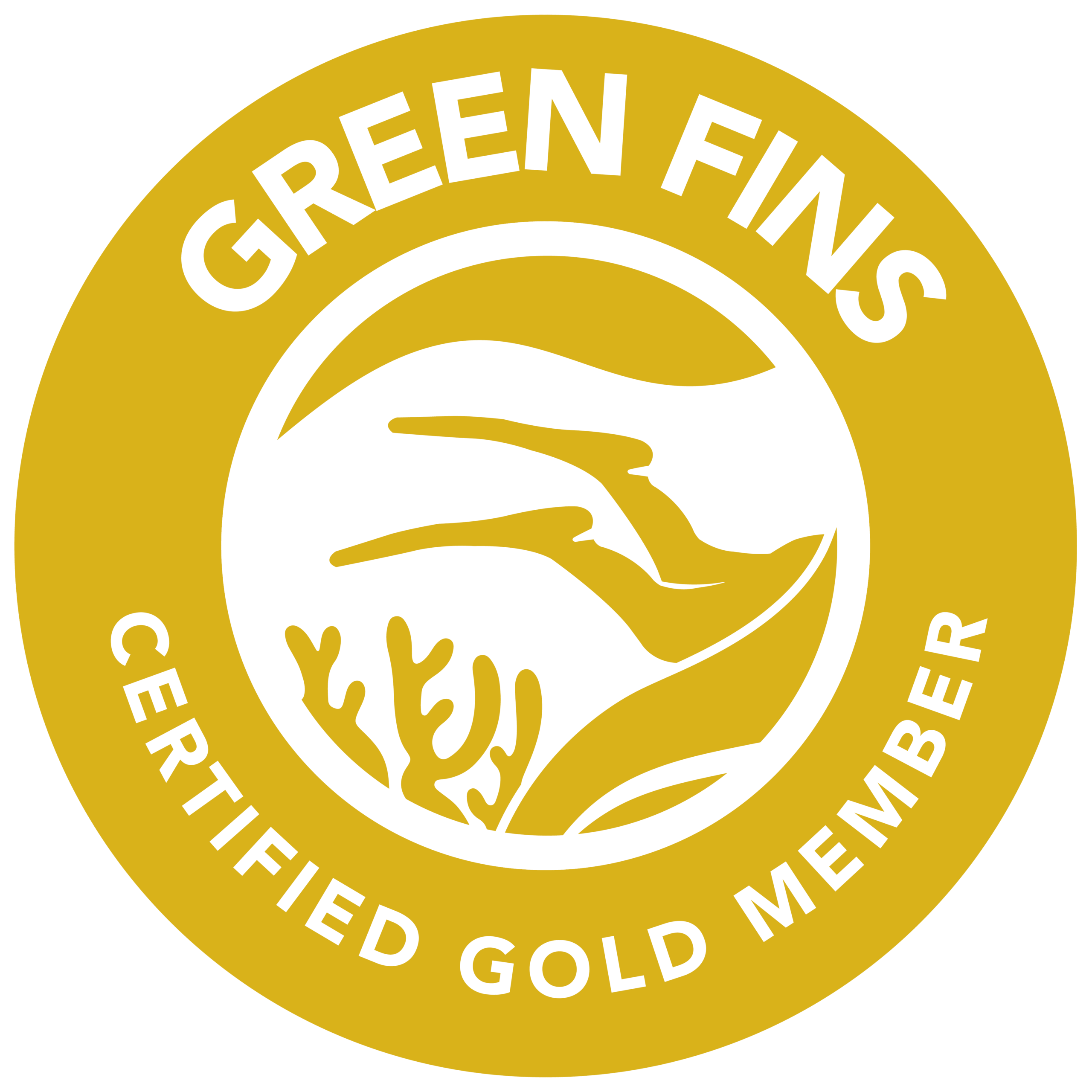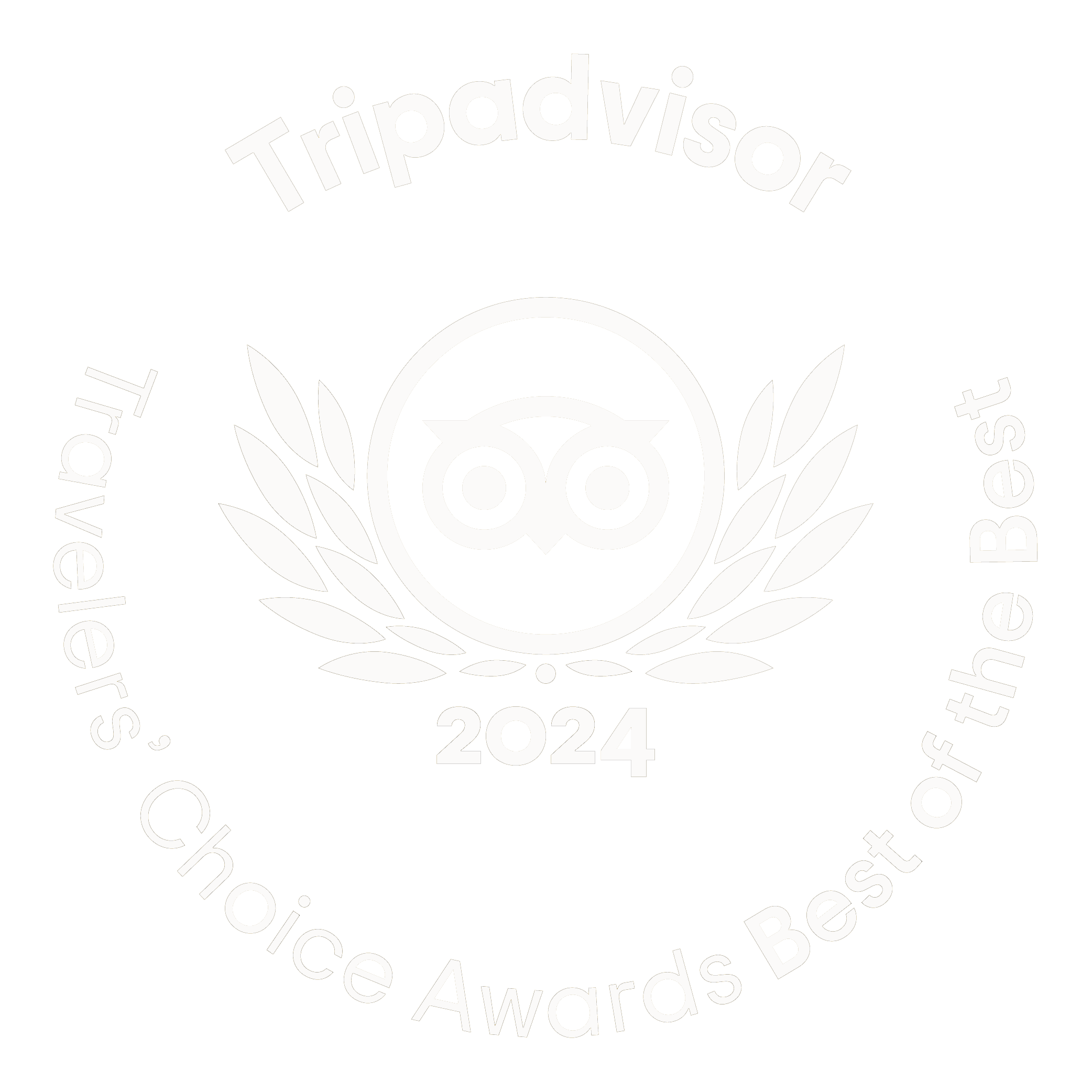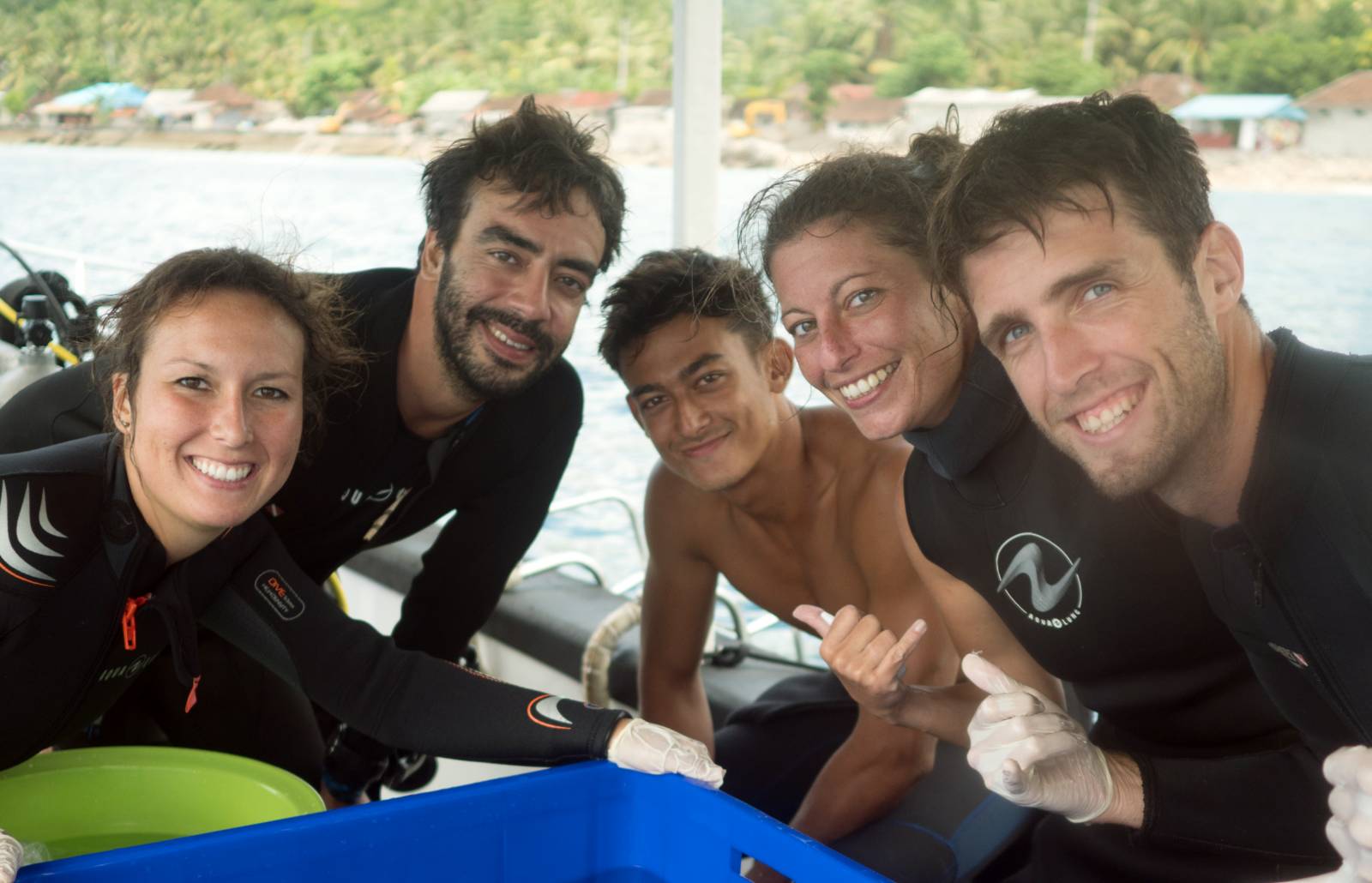
Legend Divers are Coral Propagators with the Help of Luce
Legend Diving is proud to add coral propagation to the repertoire of what we offer as a dive shop. What is coral propagation you might ask?
Well…
Coral propagation refers to the reproduction of coral and is often accomplished by marine aquarists through a process called fragmentation. It is also commonly called, “fragging.” Fragging coral is remarkably simple and is an activity in which many reef aquarists become involved.
In other words, we are now helping with the reproduction of corals throughout our dive sites! We are very lucky to have our instructor Luce bring coral propagation to our shop. Since she is the expert, let’s hear from Luce about the coral propagation process!
Interview with Legend Diving Instructor – Luce Cette
So Luce, how did you get involved with coral propagation?
Luce: Well, basically a friend had told me about the course and it sparked my interest. After six years of being a diving instructor, you find yourself getting a bit tired of teaching courses and leading fun dives. I knew that I wanted to advance my career a little bit and I had seen coral bleaching happening while diving in Thailand. I met the lead instructor at OceanQuest, had a talk about the program, and got more involved until I eventually joined.
What organization did you go through to get certified as a coral propagator?
Luce: The certification was through the OceanQuest organization, which is about 10 years old. About four years ago they became affiliated with Sea Shepherd. This was a good move because clearly, Sea Shepherd is one of the most recognizable ocean activist companies in the world.
Legend Divers are Coral Propagators with the Help of Luce
Legend Diving is proud to add coral propagation to the repertoire of what we offer as a dive shop. What is coral propagation you might ask?
Well…
Coral propagation refers to the reproduction of coral and is often accomplished by marine aquarists through a process called fragmentation. It is also commonly called, “fragging.” Fragging coral is remarkably simple and is an activity in which many reef aquarists become involved.
In other words, we are now helping with the reproduction of corals throughout our dive sites! We are very lucky to have our instructor Luce bring coral propagation to our shop. Since she is the expert, let’s hear from Luce about the coral propagation process!
Interview with Legend Diving Instructor – Luce Cette
So Luce, how did you get involved with coral propagation?
Luce: Well, basically a friend had told me about the course and it sparked my interest. After six years of being a diving instructor, you find yourself getting a bit tired of teaching courses and leading fun dives. I knew that I wanted to advance my career a little bit and I had seen coral bleaching happening while diving in Thailand. I met the lead instructor at OceanQuest, had a talk about the program, and got more involved until I eventually joined.
What organization did you go through to get certified as a coral propagator?
Luce: The certification was through the OceanQuest organization, which is about 10 years old. About four years ago they became affiliated with Sea Shepherd. This was a good move because clearly, Sea Shepherd is one of the most recognizable ocean activist companies in the world.
How does it make you feel to be able to share this experience with divemasters just entering the world of professional diving?
Luce: Well, it’s pretty nice. They are like little baby professional divers with interest in everything. So they are happy and excited about all the new things they are learning. It is really important for me to share my passion because there is a lot of very harmful things going on in our ocean’s coral. We all know about what is happening in Australia with the Great Barrier Reef. That had a great effect on me.
Next, we go to find little pieces of corals that are broken by natural elements, or broken by divers or snorkelers. We then cut one to two-centimetre pieces of this coral. We take the coral fragments back to the boat. Once on the boat, we pair up the coral fragments with rocks from the ocean’s floor that has life on it already. Things like algae are good signs of life on the rock.
You then have one hour on the boat to attach the coral to the boat, while keeping it flushed with sea water the whole time. Before the hour is up the newly propagated coral needs to be on the seafloor back in the coral nursery. Then you let the coral sit for at least ten days than return to see how corals are growing.
If I can educate these young professional divers at the beginning of their careers, hopefully, they can take that information with them as they grow as divers. As professional divers, they can make a difference even if they are just a little more careful when leading fun divers.
What does the future of coral propagation look like?
Luce: Ah, that is a very interesting question. I don’t really know too much about that yet because so much is dependent upon the environment. There are different kinds of coral propagation.
As more and more people come to help with coral propagation there is lots of educating involved with that. But from there, there is a lot of scientific observation that needs to be done. We need to observe the seas constantly to see what things like ocean temperatures will do to the health of the corals. We also don’t know what things will be working in ten years. Some coral propagation projects might work, others might not. We just don’t know. So it is about constant adjustment and monitoring to help corals grow.
Any words of encouragement to divers looking to make the move towards eco-friendly diving, such as getting involved in coral propagation?
It is very interesting to get involved in because you learn a lot of useful techniques. Being an eco-friendly diver is actually more about techniques then it is about science. I am not a scientist, and at times it can be hard to understand the science behind all of the coral growing. But I really became more interested in the techniques more than science.
As for the new divers, come to give us a hand! We need your help and it will be amazing information that you can take with you and share to other divers all over the world.
How does it make you feel to be able to share this experience with divemasters just entering the world of professional diving?
Luce: Well, it’s pretty nice. They are like little baby professional divers with interest in everything. So they are happy and excited about all the new things they are learning. It is really important for me to share my passion because there is a lot of very harmful things going on in our ocean’s coral. We all know about what is happening in Australia with the Great Barrier Reef. That had a great effect on me.
Next, we go to find little pieces of corals that are broken by natural elements, or broken by divers or snorkelers. We then cut one to two-centimetre pieces of this coral. We take the coral fragments back to the boat. Once on the boat, we pair up the coral fragments with rocks from the ocean’s floor that has life on it already. Things like algae are good signs of life on the rock.
You then have one hour on the boat to attach the coral to the boat, while keeping it flushed with sea water the whole time. Before the hour is up the newly propagated coral needs to be on the seafloor back in the coral nursery. Then you let the coral sit for at least ten days than return to see how corals are growing.
If I can educate these young professional divers at the beginning of their careers, hopefully, they can take that information with them as they grow as divers. As professional divers, they can make a difference even if they are just a little more careful when leading fun divers.
What does the future of coral propagation look like?
Luce: Ah, that is a very interesting question. I don’t really know too much about that yet because so much is dependent upon the environment. There are different kinds of coral propagation.
As more and more people come to help with coral propagation there is lots of educating involved with that. But from there, there is a lot of scientific observation that needs to be done. We need to observe the seas constantly to see what things like ocean temperatures will do to the health of the corals. We also don’t know what things will be working in ten years. Some coral propagation projects might work, others might not. We just don’t know. So it is about constant adjustment and monitoring to help corals grow.
Any words of encouragement to divers looking to make the move towards eco-friendly diving, such as getting involved in coral propagation?
It is very interesting to get involved in because you learn a lot of useful techniques. Being an eco-friendly diver is actually more about techniques then it is about science. I am not a scientist, and at times it can be hard to understand the science behind all of the coral growing. But I really became more interested in the techniques more than science.
As for the new divers, come to give us a hand! We need your help and it will be amazing information that you can take with you and share to other divers all over the world.
Cool Luce! Thanks for the interview!
Luce: Thank you!
We are all inspired by Luce’s initiative to help our corals. They are such important parts of our ocean ecosystem and they are the basic foundation of life in our waters.
Cool Luce! Thanks for the interview!
Luce: Thank you!
We are all inspired by Luce’s initiative to help our corals. They are such important parts of our ocean ecosystem and they are the basic foundation of life in our waters.
Join our mailing list today
Join our community! Subscribe to our blog for fresh content delivered straight to your inbox
Be part of our community and stay updated with the latest insights! Subscribe to our blog for fresh news, tips, and insights delivered straight to your inbox. Join us on our journey and be the first to know about our updates, events, and special offers. Don't miss out!
Join our mailing list today
Join our community! Subscribe to our blog for fresh content delivered straight to your inbox
Be part of our community and stay updated with the latest insights! Subscribe to our blog for fresh news, tips, and insights delivered straight to your inbox. Join us on our journey and be the first to know about our updates, events, and special offers. Don't miss out!
